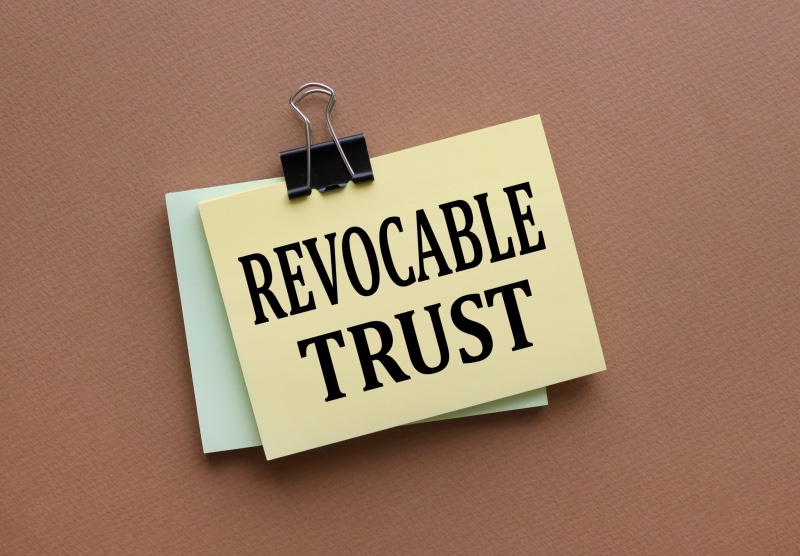
Ability of Disinherited Beneficiaries to Challenge A Trust – Part 2
March 20, 2020
Understanding The Difference Between Wills VS. Trusts
October 25, 2021 According to the Financial Industry Regulatory Authority (FINRA), cryptocurrency is a digital representation of a stored value that cryptography secures. Bitcoin is the most widely known form of cryptocurrency, but it is far from the only one. Estate planning and cryptocurrency do not always go hand in hand, so a person who owns cryptocurrency or is planning to may want to discuss their plans with a lawyer who has experience in both cryptocurrency and estate planning. Kushner Legal is available to discuss your plans and concerns. You can reach the team at (310) 279-5166.
According to the Financial Industry Regulatory Authority (FINRA), cryptocurrency is a digital representation of a stored value that cryptography secures. Bitcoin is the most widely known form of cryptocurrency, but it is far from the only one. Estate planning and cryptocurrency do not always go hand in hand, so a person who owns cryptocurrency or is planning to may want to discuss their plans with a lawyer who has experience in both cryptocurrency and estate planning. Kushner Legal is available to discuss your plans and concerns. You can reach the team at (310) 279-5166.
Including Cryptocurrency in an Estate Plan
The first step to managing cryptocurrency and estate planning is to ensure cryptocurrency is identified in the estate plan. A cryptocurrency owner can do this by identifying these assets in their trust and will. In these documents, they can state who should receive the cryptocurrency in the event the owner passes away while owning it. A trust and durable power of attorney can provide instructions on how to handle cryptocurrency during the owner’s lifetime.
Access Instructions
One of the things that makes estate planning with cryptocurrency more complicated than planning for more traditional assets is that cryptocurrency is not a tangible asset. Loved ones will not be able to know it exists in the same way a house or a car does. Therefore, the will maker will need to provide additional instructions about how the executor can access them.
Because a will becomes public record, the will maker may want to create a separate form or guide (sometimes called a “memorandum”) and refer to that document in their will, rather than providing sensitive information in the will itself.
These asset instructions should include information about:
- Where the cryptocurrency is stored, such as on a specific computer or smartphone
- Websites, usernames, and passwords necessary to access the cryptocurrency
- Cryptocurrency PINs
You can keep this memorandum in the same location as your will, or in another safe location, such as an online value that notifies the person you designate upon your death. You can update the memorandum as often as you would like without having to go through the formalities of changing your will. Let the executor know where to find this information.
Digital Executors
Some people appoint so-called “digital executors” to help manage their digital assets, such as:
- Smartphones, computers, tablets, and other devices
- External hard drives, flash drives, and digital storage devices
- Digital movies, music, and books
- Written works
- Reward and mile accounts
- Online shopping and photo accounts
In most states, the term “digital executor” has no special legal meaning or authority. Therefore, it a person making a will or trust may want to include additional provisions in their estate planning documents that describe the types of powers and responsibilities they want to bestow on this person. Many people may choose a more digitally savvy person for this role, who may be different than their regular executor.
Instructions for Digital Executor
Since many people are still not familiar with cryptocurrency, it may be helpful to create a step-by-step guide for the digital executor to follow to access and distribute cryptocurrency. This guide should be written in plain language. It may include information about:
- How to access cryptocurrency
- Log-in information
- How to convert coins into traditional currency
- Whom to distribute the currency
- A professional who may be able to walk the executor through the process and provisions about payment to such professionals
Tax Implications for Estate Planning and Cryptocurrency
The IRS treats cryptocurrency as property, so it is important that individuals consider any tax implications that can arise when including this asset in their estate plan. Like with transfers of other types of property, a person who sells cryptocurrency may face tax liability due to capital gains or losses. If the cryptocurrency owner gives this property away, the person receiving it receives the giver’s cost basis in the property. After the owner dies, cryptocurrency receives a step-up in basis like other forms of property.
Kushner Legal knows that many people want to reduce tax liability, so they may make suggestions such as:
- Obtaining an appraisal for the cryptocurrency’s fair market value at the time of the transfer
- Stating that the owner has relinquished dominion and control over the cryptocurrency to show that the transfer is complete
- Donating appreciated cryptocurrency to a qualified charity to receive the charitable deduction toward the owner’s income taxes
Contact an Estate Planning and Cryptocurrency Lawyer for Help
If you would like more information about estate planning and cryptocurrency, contact Kushner Legal. We can discuss your individual circumstances and create a plan that helps you achieve your objectives. You can set up your confidential consultation by calling us at (310) 279-5166.




